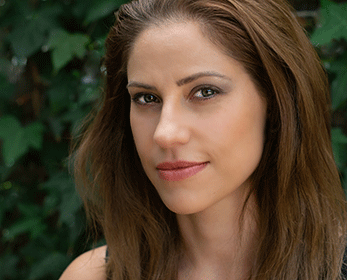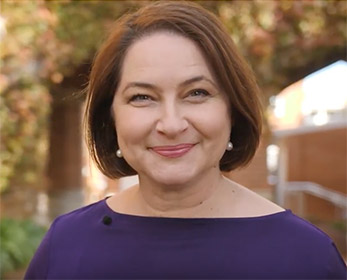The first study investigating what Australian news editors think about journalism education shows they believe universities are still the best place for future journalists to learn contemporary news media, however, they would like more input into the curriculum.
Edith Cowan University (ECU) researchers conducted one-on-one interviews with news editors in Western Australia to evaluate journalism courses and student employability across the five Perth-based universities that teach journalism (ECU, Murdoch, Curtin, The University of Western Australia, and Notre Dame).
The research also compared findings of similar interviews conducted in 2014 and 2022 to understand if there were any changes in industry attitudes.
Lead researcher, Honorary Professor Trevor Cullen, said while there is extensive research about how journalists, educators and students view journalism education, there have been no such studies with news editors.
"Yet they employ journalism graduates, and they are the key stakeholders whose voice and perspective should be heard," he said.
Professor Cullen said news editors agreed that both time and resources are often limited in both universities and industry, however the responsibility for the development of journalists lay with both sectors.
"News editors want to start a partnership between university and industry and have more input into tertiary journalism curriculum development," he said.
"Their input would add relevancy to courses and ultimately to the training of Australia's future journalist."
Graduate mindset is key
News editors said graduate mindset is a prevailing quality of successful transition to industry.
"They believe fundamental skills can be taught, such as interviewing or writing, however success lies in deeper attributes, such as curiosity and the ability to navigate critical thinking," Professor Cullen said.
Most agreed journalism graduates were highly competent with digital technology, however they expressed concern about their general and civil knowledge, for example court processes, parliament and freedom of information searches.
"They reported students' levels of general knowledge as being 'variable' depending on factors such as, age and life experience," Professor Cullen said.
"And unsurprisingly students who consumed a broad diet of media had an advantage."
Shorthand or no shorthand?
Professor Cullen said one of the most interesting yet perplexing findings related to shorthand as a skill.
"While nine out of 12 editors said shorthand should still be taught, in deeper conversation all of them conceded it's declining use and that journalists were more likely to record on mobile phones or use laptops," he said.
"This contradiction may be because the news editors interviewed were largely 'veteran', meaning they would certainly have learned shorthand themselves as part of a cadetship-style entry into the profession."
Internships highly valued
Professor Cullen said the prevalence of 'try before you buy', where editors use internships to test the suitability of students for jobs, remained a constant theme in the 2014 and 2022 interviews.
"As a teaching tool internship offers students valuable insights into the realities of the job," he said.
"It also allows employers to guide the next generation, while identifying talent that might fit into their organisation's requirements and culture."
One editor noted:
"Why on Earth wouldn't you do that if you've got a very strong candidate? You'd be an absolute idiot not to!"
Another interesting finding was that most editors thought journalists should have training in public relations.
“Not because they’ll end up working in PR, but so they can deal with and recognise if they are being manipulated by someone working in PR,” Professor Cullen said.
Professor Cullen said he hoped the research would be used to help improve the education, training and industry readiness of Australia’s future journalists.
"Editors want to provide feedback and insights which are invaluable for creating a relevant curriculum that responds to the evolving needs of industry and graduates," he said.
"Evidence of this is already happening in Western Australia with their participation in research, interviews, industry panels at journalism education conferences, guest lectures and as curriculum committee members."
"Long may the partnership continue."
The paper 'Revisiting news editors' evaluation of journalism courses and graduate employability' is published in the Journal Australian Journalism Review.
ECU authors on this study, Honorary Professor Trevor Cullen, Dr Laura Glitsos, Andrea Burns.

 News editors believe universities are still the best place to learn journalism, but they would like more input into the curriculum.
News editors believe universities are still the best place to learn journalism, but they would like more input into the curriculum.





